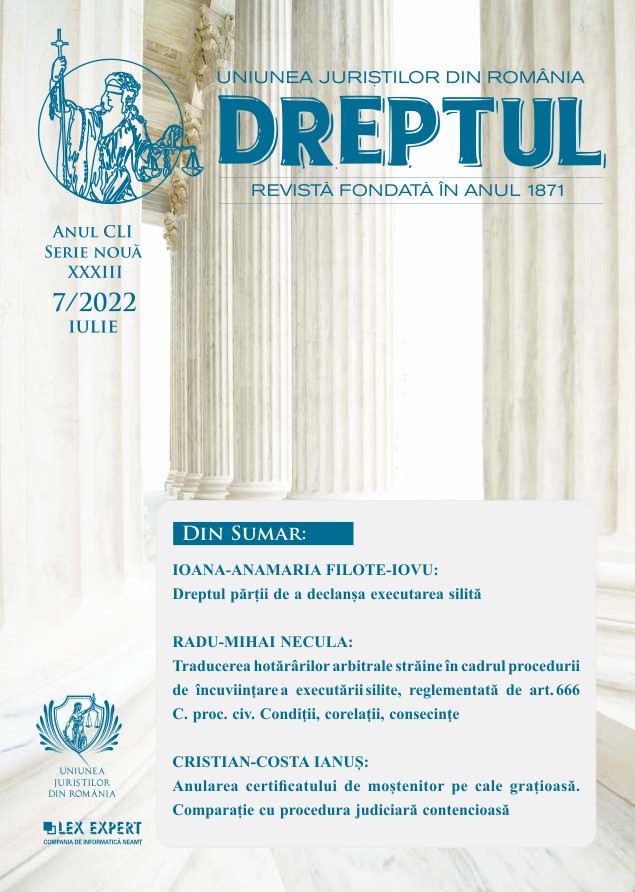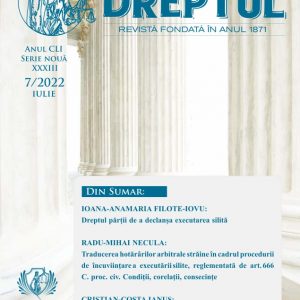The system of protection of human rights and fundamental freedoms introduced by the European Convention on Human Rights still raises questions about the interpretation and application of its provisions. In this study, we will focus on the problems concerning: EU accession to the European Convention on Human Rights, the relationship between the CJEU and the ECHR, and we will detail the decision of the ECJ Opinion 2/13 on the draft agreement for EU accession to the European Convention on Human Rights. By the present study we intend to analyze the implications of the future EU accession to the European Convention on Human Rights, given the long history of the protection of fundamental rights. We will start with the way in which the protection of fundamental rights is seen at international level, and then we will analyze how the EU intends to achieve the protection of fundamental human rights. We will bring into discussion the main normative acts in the field, the way in which the collaboration between the CJEU and the ECHR is carried out, pointing out the issue of the primacy of European law over the national one.
The study aims to analyze the general concepts recognized in the international law regarding the creation of a better structured legal framework regarding the protection of fundamental human rights and the issue of the primacy of EU law regarding the future accession to the Convention, in particular in relation to the Negative Opinion 2/13 of the CJEU. We will analyze the most important decisions of the ECHR and the CJEU in order to corroborate the theoretical elements with the practical ones. As concerns the research methods, mainly the comparative and the quantitative method have been used, with elements that make reference to the method of sociological and historical interpretation. From the point of view of the research results, it was concluded that, from a doctrinal point of view, there are two sides: the supporters of EU accession to the European Convention on Human Rights, in the context of receiving EU legal personality, but also of inserting Article 6 TEU which provides the obligativity that EU becomes a party to the Convention, and those
who oppose, in particular the CJEU, as well as the practitioners and the doctrinaires of the European law who invoke the primacy of European law over national law, but also the issue of organizing the European legal system, by specifying that the CJEU would fall under the jurisdiction of the ECHR, and the ECHR, in its turn, would intervene in the process of „constitutional” development of the EU.
PROTECȚIA DREPTURILOR FUNDAMENTALE ALE OMULUI ÎN UE DIN PERSPECTIVA PRIMATULUI DREPTULUI EUROPEAN, ÎN CONTEXTUL VIITOAREI ADERĂRI A UE LA CONVENȚIA EUROPEANĂ A DREPTURILOR OMULUI
15.00lei


